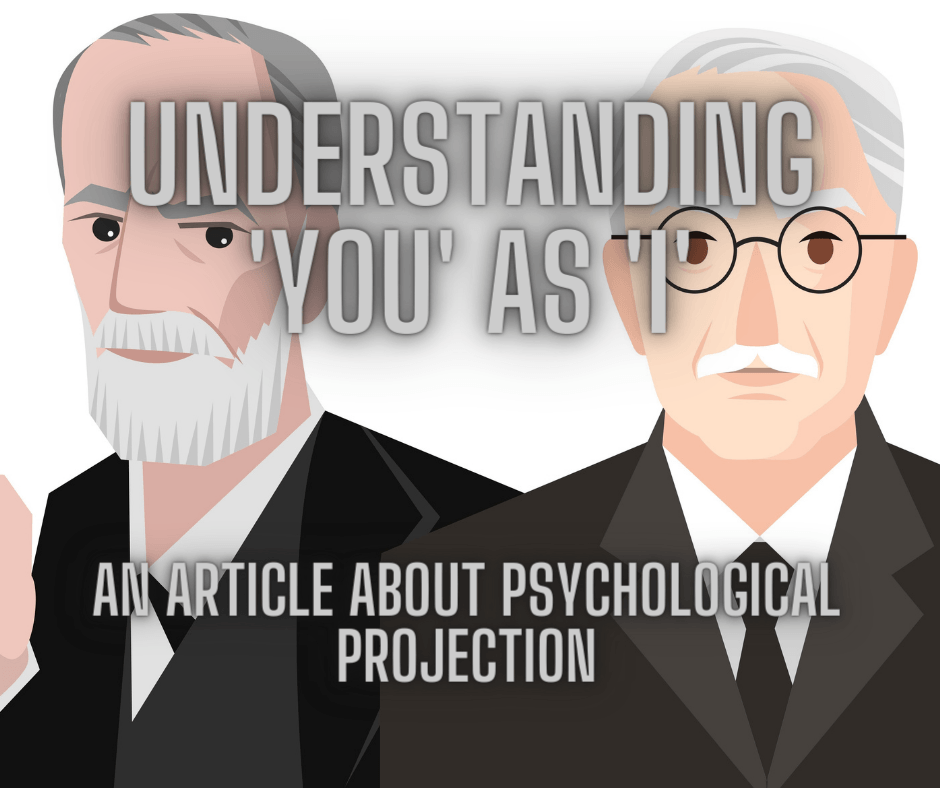
Quick Fact
-Sometimes we project a part of ourselves onto someone else by claiming they are a certain way. For example, I have claimed that others have an “aura of fear,” when I was the one who was in a lot of fear that day.
My Findings
This post will be relatively short because the point I wish to convey is simple yet deep! I want to convey the knowledge that, many a time, when somebody says ‘you’ it simply means ‘I.’
This is a detail that, even when known, goes unnoticed by our conscious minds but often gets noticed (and sometimes taken seriously) by our subconscious minds. For example, I can say, “you really don’t know what you’re doing when you drive around Houston” when in reality I’m the one who found trouble driving around Houston. I simply say ‘you’ because I fail to realize that my experience doesn’t necessarily translate into what your experience will be. You may be a genius at driving through cities you’ve never been to, I don’t know!
Also, I want to point out a potential danger – when influential people speak about their personal experience they should refrain from saying ‘you’ in place of ‘I’ because your following may subconsciously accept what you say and adopt your ways as their own! So if you say, “it’s really hard for you to understand Nietzsche” your audience may take this literally (which is a cute perk of the subconscious, it takes everything literally) and accept it as a truth for them. If this happens their mind will make it difficult for them to understand Nietzsche, even if they’re a genius! However, the opposite can be harnessed as well – you can speak positive things that start with ‘you’ and have them be adopted by their subconscious mind ;).
This is especially the case for people who have low self-esteem or a low sense of self. They can be easily influenced, so if you say “you” instead of “I” they’re more likely to take it personally than someone with a well-developed sense of self.
Watch for this in advertisements! Often they’ll assert an opinion by saying something like, “you know you want to” because they understand what they’re doing. They’re attempting to get your mind to subconsciously think along those lines so that you’ll become a regular customer.
My closing paragraph has to do with vulnerability. Sometimes the fear of vulnerability and rejection can manifest as projection, so you may mean “I don’t like flying” but simply say “you don’t want to fly if you can help it” because you don’t want to put yourself out there. If this is you I suggest disidentifying with your fears, seeing them as opinions, rationally thinking them through, and finding the next step on your journey whether it be transcending them or going further down the rabbit hole.
Conclusion
Thank you for reading, I’m truly grateful that you are here. I’ll see you in the next article!
Leave a Reply